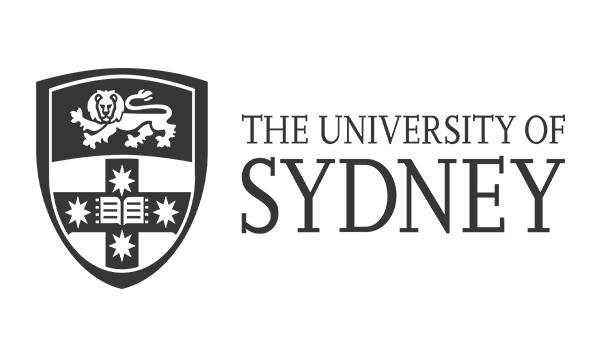AU7 Bachelor of Science (Immunology and Pathology) University of Sydney
-
THÔNG TIN CHUNG
1st for employability
Our graduates are ranked 1st in Australia and 4th globally for employability by the 2020 QS Graduate Employability Rankings
Work-ready graduates
With a broad range of flexible and dynamic career options, science graduates are in high demand across many industries.
A Bachelor of Science opens up a world of opportunity. Whether you dream of joining the forefront of research, learning how to analyse and think critically or making the planet a better place, a Bachelor of Science will give you highly sought-after skills for a huge range of careers.
At Sydney you will be taught by dedicated scientific thinkers, including members of the Australian Academy of Science, Australian Research Council Fellows and prestigious prize winners. You will study in world-class facilities, including the multimillion-dollar Sydney Nanoscience Hub and the Charles Perkins Centre, with its focus on diabetes, obesity and cardiovascular disease.
The immune system is an integrated network of cells and specialised organs that can respond to external and internal threats. It can be mobilized to protect humans from infections and cancer while simultaneously being the underlying mechanism of major acute and chronic pathologies.
The Immunology and Pathology major examines how it is that our immune system can be both the cause and the cure of disease ' so important in understanding of immunological and pathological mechanisms allows us to think about how our immune system can be manipulated to prevent and treat disease. This major draws together studies in immunology, pathology, microbiology, biology, biochemistry, and physiology.
Studies in immunology and pathology are important because they are leading to advances in clinical medicine and clinical science, including helping develop new vaccines and immuno-therapies. In addition, immunological techniques are widely used in biology, endocrinology, microbiology, cell and molecular biology, neurobiology and genetics.
-
CƠ HỘI NGHỀ NGHIỆP
Graduates with a major in this area may proceed to honours and postgraduate study or they may find employment as immunologists or pathologists in hospitals, in public and industry research laboratories specialising in immunology, cell biology and biotechnology, and in other biomedical sciences such as pathology, biochemistry, pharmacology, microbiology and molecular biology.
- ĐIỀU KIỆN ĐẦU VÀO
- ĐIỀU KIỆN NGÔN NGỮ
- HỌC BỔNG
- ĐỊA ĐIỂM
Tóm tắt
-
Phí ghi danh
100
-
Độ dài khoá học
3 năm
-
Kỳ nhập học
Tháng 3
Tháng 8
Phí Cơ Bản
-
Loại Tiền
-
Học Phí
Trên năm -
Phí Sinh Hoạt
Trên năm -
Tổng






